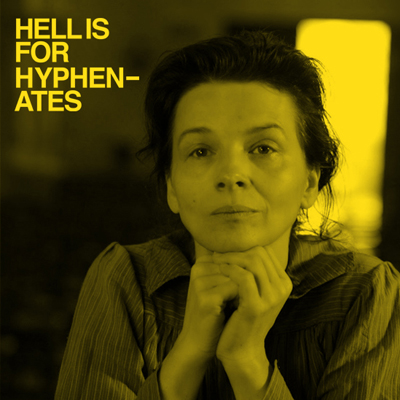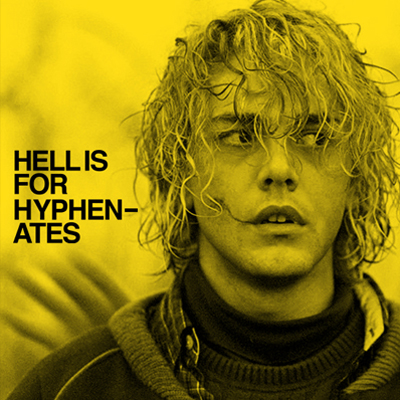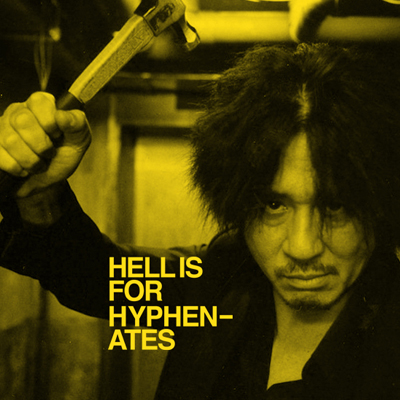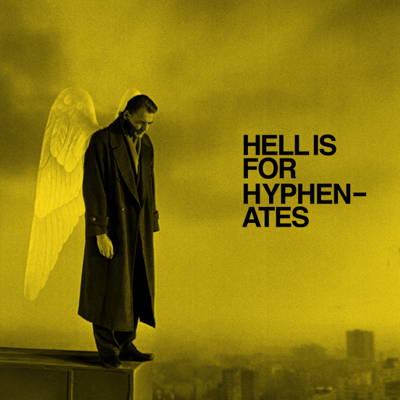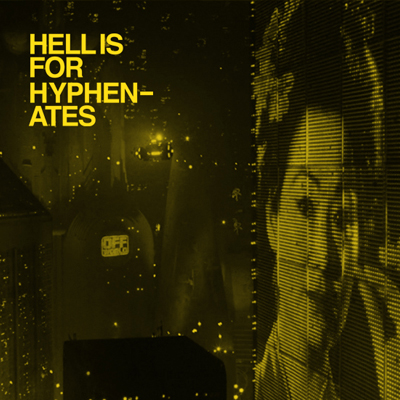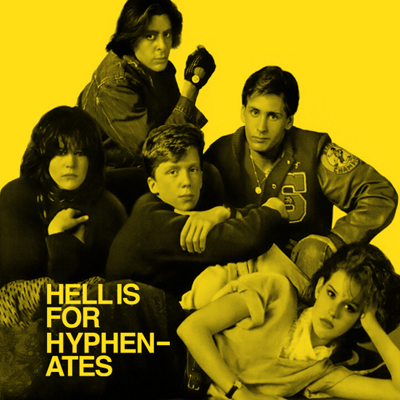Daina Reid joins us to talk the films of John Hughes!
Rochelle and Lee take a break from new releases to attend the Melbourne International Film Festival, and share their thoughts on some of the key films they saw, including Terry Gilliam’s long-awaited The Man Who Killed Don Quixote (2:03), Gus Van Sant’s memoir adaptation Don’t Worry, He Won’t Get Far On Foot (5:00), Guy Maddin’s latest collaborations with co-director siblings Evan & Galen Johnson The Green Fog and accompanying short film Accidence (8:21), and Asghar Farhadi’s foray into Spanish language cinema with Everybody Knows (12:14).
Director Daina Reid joins the show to discuss her unique career path, and how performing sketch comedy on television alongside the likes of Eric Bana, Kitty Flanagan and Shaun Micallef was an unexpected but valuable diversion on her path to making film and TV. Can a background in comedy help when directing heart-wrenching episodes of The Handmaid’s Tale? (16:37)
Then, Daina takes us through the works of her filmmaker of the month, John Hughes. Hughes was the writer and sometimes director behind a slew of crowd-pleasing hits, including National Lampoon’s Vacation, Planes, Trains and Automobiles, Home Alone and Beethoven, but it was his teen comedies that really struck a chord with a generation. Films like Sixteen Candles, The Breakfast Club, Pretty In Pink and Ferris Bueller’s Day Off were high-concept but relatable films that had a profound effect on teenage audiences, and the influence of his work can still be felt to this day. But some elements of his films have not dated well, and we attempt to unpack and best and the worst of the prolific John Hughes filmography. (28:09)
Podcast: Play in new window | Download
Subscribe:




